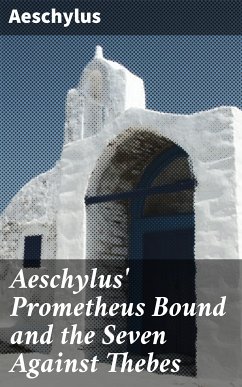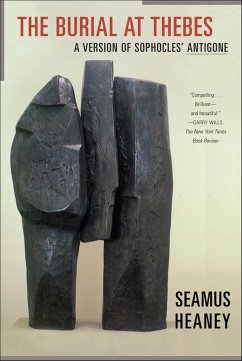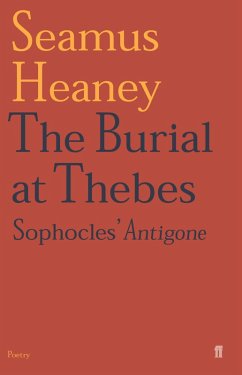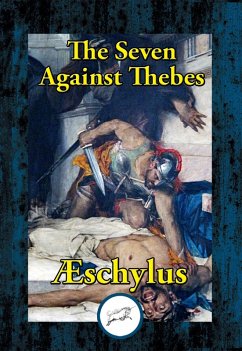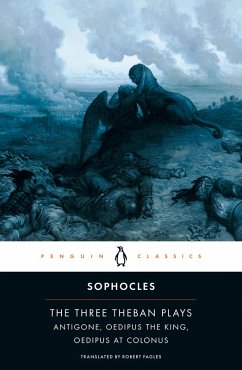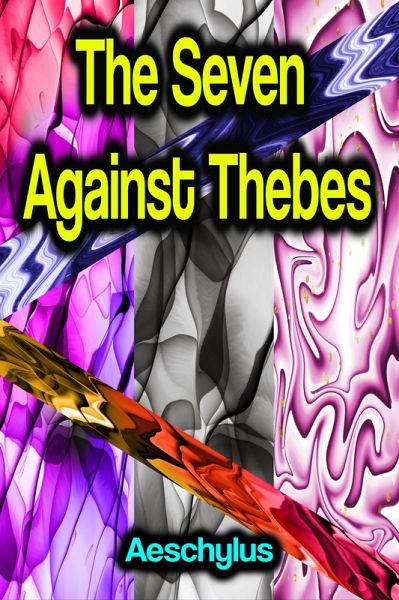
The Seven Against Thebes (eBook, ePUB)

PAYBACK Punkte
0 °P sammeln!
The Seven Against Thebes Aeschylus - The Seven Against Thebes is the third play in an Oedipus-themed trilogy produced by Aeschylus in 467 BC. The bulk of the play consists of rich dialogues between the citizens of Thebes and their king Eteocles regarding the threat of the hostile army before their gates. The trilogy is sometimes referred to as the Oedipodea. It concerns the battle between an Argive army led by Polynices and the army of Thebes led by Eteocles and his supporters. The trilogy won the first prize at the City Dionysia. Its first two plays, Laius and Oedipus as well as the satyr pla...
The Seven Against Thebes Aeschylus - The Seven Against Thebes is the third play in an Oedipus-themed trilogy produced by Aeschylus in 467 BC. The bulk of the play consists of rich dialogues between the citizens of Thebes and their king Eteocles regarding the threat of the hostile army before their gates. The trilogy is sometimes referred to as the Oedipodea. It concerns the battle between an Argive army led by Polynices and the army of Thebes led by Eteocles and his supporters. The trilogy won the first prize at the City Dionysia. Its first two plays, Laius and Oedipus as well as the satyr play Sphinx are no longer extant.
Dieser Download kann aus rechtlichen Gründen nur mit Rechnungsadresse in A, B, BG, CY, CZ, D, DK, EW, E, FIN, F, GR, H, IRL, I, LT, L, LR, M, NL, PL, P, R, S, SLO, SK ausgeliefert werden.




